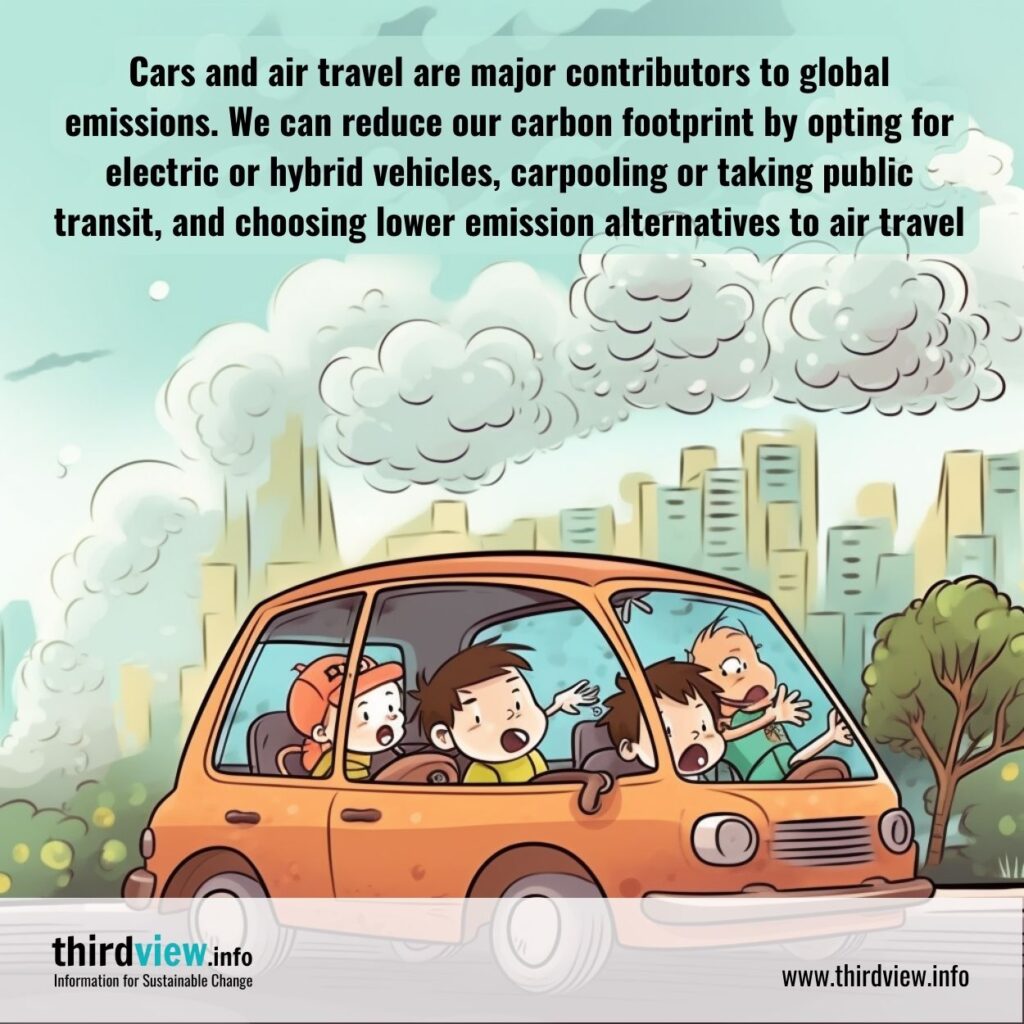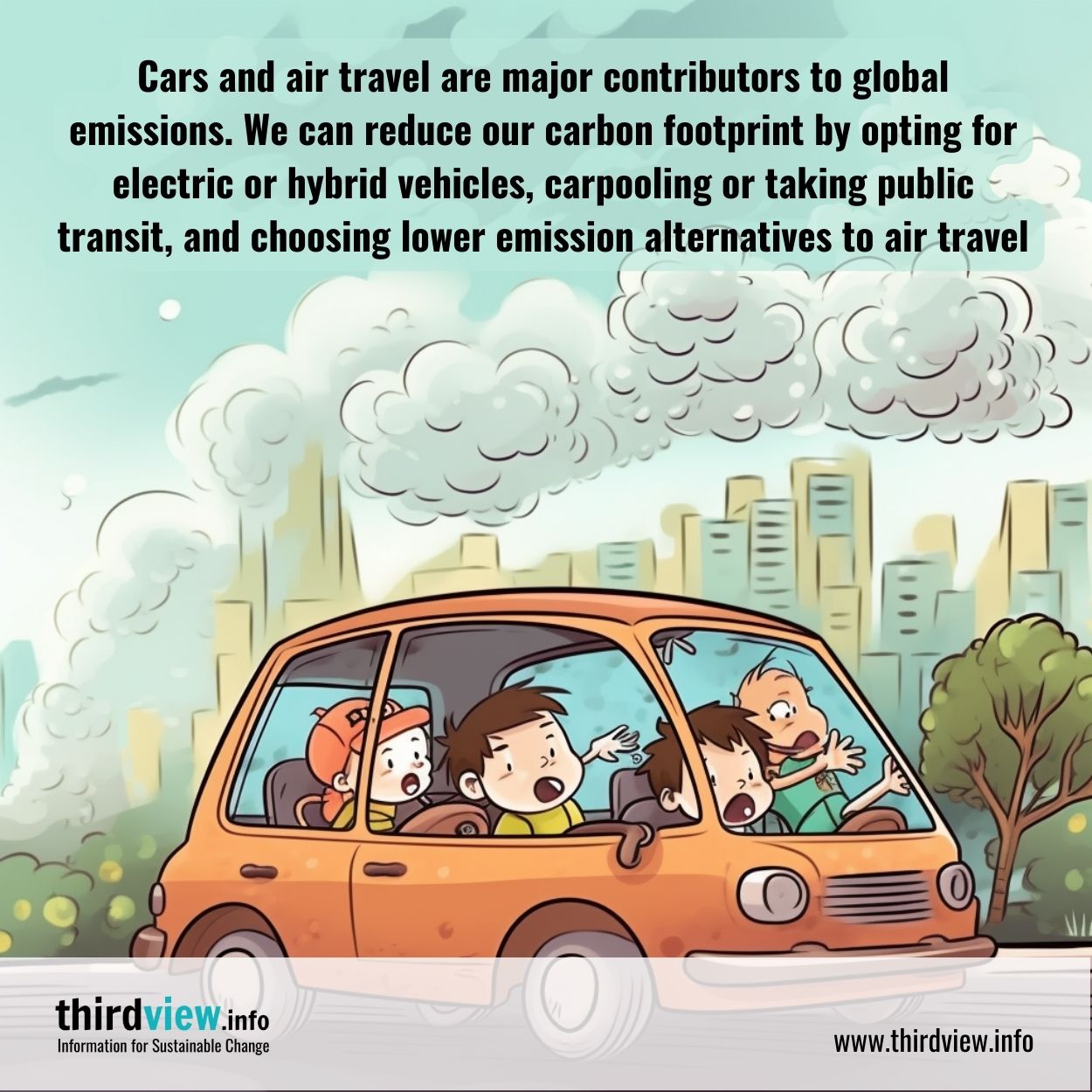In recent years, the environmental impact of transportation has become an increasingly important issue. From cars and buses to planes and trains, our transportation systems are responsible for a significant portion of global emissions. To help reduce our collective carbon footprint, it’s important that we understand the environmental impact of transportation and what we can do to make it more sustainable. Let’s take a look.
The Impact of Cars
Cars are perhaps the most widely used form of transportation in the world today. Unfortunately, they’re also one of the biggest contributors to air pollution, with most cars running on gasoline or diesel fuel. According to the US Environmental Protection Agency (EPA), “Transportation activities account for about 29 per cent of all U.S. greenhouse gas emissions—making it the largest single source category for these emissions in the United States.” This is due largely in part to cars being such an integral part of modern life.
Reducing Carbon Emissions from Cars
One way to reduce car-related emissions is by opting for electric or hybrid vehicles instead of traditional gasoline-powered ones. These vehicles not only emit fewer pollutants into the atmosphere, but they also require less energy to run and thus save money on fuel costs. Additionally, carpooling or taking public transit when possible can also help reduce car-related emissions significantly by cutting down on individual trips taken by car.
The Impact of Air Travel
Air travel is another major source of emissions, as commercial flights typically account for 11% of total global CO2 emissions according to some estimates. However, there are several ways airlines can help mitigate their environmental footprints through more efficient aircraft design and engine technology and better use of available airspace, reducing flight times and conserving fuel consumption. Additionally, travellers can opt for lower emission alternatives, such as trains or boats, instead of air travel when feasible.
There’s no denying that transportation has a significant environmental impact worldwide—but there are steps we can all take towards reducing that impact over time if we work together collaboratively with governments, businesses, and individuals alike. By making informed choices about how we get around and investing in technologies that minimize our collective carbon footprints like electric vehicles or more efficient aircraft designs, we can create a more sustainable future for ourselves and generations to come.


